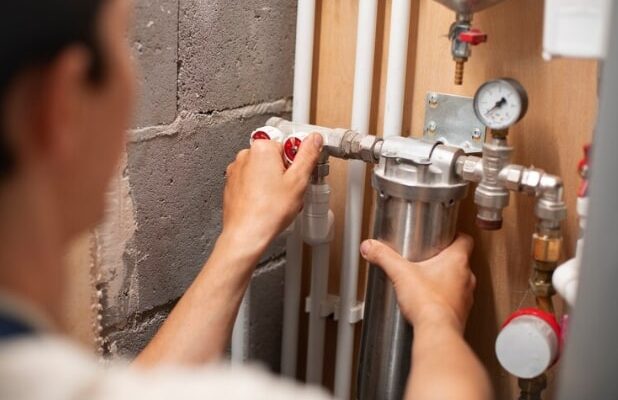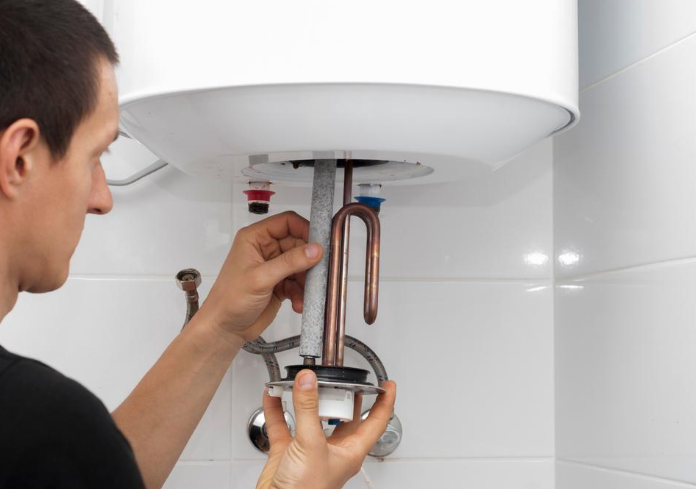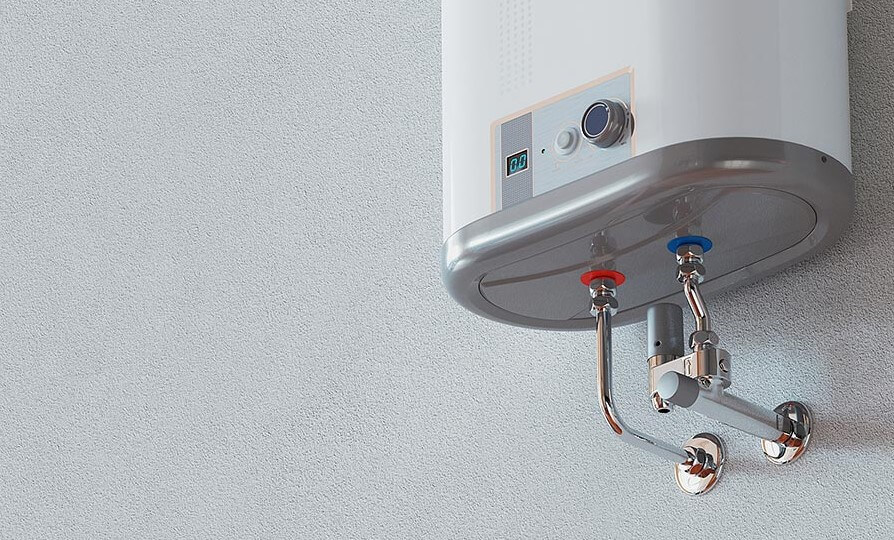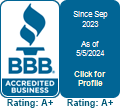In a hurry? Contact us at 727-479-4028
Keeping your commercial building’s plumbing system in top shape is crucial, regardless of whether it’s an office, retail space, or industrial facility. Leaky faucets, burst pipes, and other plumbing problems can lead to major disruptions, property damage, and lost business. That’s why “finding reliable commercial plumbing contractors near me” is so important. This comprehensive guide will explore the importance of choosing a local commercial plumber, how to make the best selection, and what key factors to consider during your search.
Why Choose Commercial Plumbing Contractors Near Me?
Nearby commercial plumbers have several advantages over their counterparts located further away. Here’s why:
Experienced Commercial Plumbing Contractors Near Me
Commercial plumbing contractors with local experience are a valuable resource. They can offer tailored solutions to the challenges faced by businesses. Local contractors are likely to have encountered similar situations in the past, whether it is installing a new system of plumbing in a building for a business or fixing a complex problem in an industrial facility.
Your Local Expertise in Commercial Plumbing Services
It’s not only about proximity when you say “best commercial plumbing services near me”. You also need to have contractors who are familiar with local building codes and regulations as well as environmental factors that may affect your plumbing system. Local contractors know the requirements and standards of municipal authorities. They can ensure that all plumbing work complies with relevant regulations.
Commercial Plumbing Contractors Near Me: What You Should Look For
It’s important to take into consideration several factors before hiring a commercial plumber to make sure you’re making a good choice.
Certification and Licensing
When evaluating the commercial plumbing contractors near you, it is important to look at their licenses and certifications. The contractor’s license shows that he has met all the requirements and is qualified to do plumbing work. Certifications from reputable organizations also indicate a commitment toward ongoing training and development.
Reviews and Reputation
Check online reviews, testimonials, and ratings to find out the reputation of commercial plumbers near you. Positive feedback from past clients is an indication of a reliable service. Ask the contractor for references, and talk to past clients directly to gain a better understanding.
Services Available
The best commercial plumbing contractors near you will offer a wide range of plumbing services for your business. Installation, repair, maintenance, and emergency assistance are all included. It’s crucial to select a plumbing contractor that can take care of all your needs, whether you require routine maintenance or emergency assistance.
In a hurry? Contact us at 727-479-4028

How to Find the Best Commercial Plumbing Contractors Near Me
Follow these steps to find the best commercial plumbing contractors for your needs:
Online Search Strategies
Begin by searching online for commercial plumbers in your locality. Search engines and online directories can help you find contractors in your area. Learn more about the services they offer, their experience, and their areas of expertise by visiting their websites. Contractors with professional websites, which provide information on their services and contact details, are the best to choose.
Referrals and Recommendations
When searching for local commercial plumbers, word-of-mouth referrals can be very helpful. You can ask other local businesses for recommendations or referrals based on their experience. You can also ask friends, family, and co-workers for recommendations or helpful insight into reputable contractors that they’ve worked with before.
Interviewing Potential Contractors
Schedule a consultation or interview with each contractor to discuss your requirements and determine their suitability for a particular job. Ask about their approach, experience, and qualifications when you meet them. Ask about pricing, availability, and any warranties or guarantees offered.
Choosing Local Contractors for Your Commercial Plumbing Needs
Local expertise, experience, and reputation are important factors when it comes to finding reliable commercial plumbing contractors near you. You can be sure that your plumbing system is in the best hands by choosing contractors who are familiar with the needs of commercial buildings in your area. To find the right contractor for your business, you should thoroughly research and evaluate all potential candidates. You can rest assured that the plumbing needs of your commercial property are being handled by professionals who are concerned about your satisfaction as well as the success of your company.



























